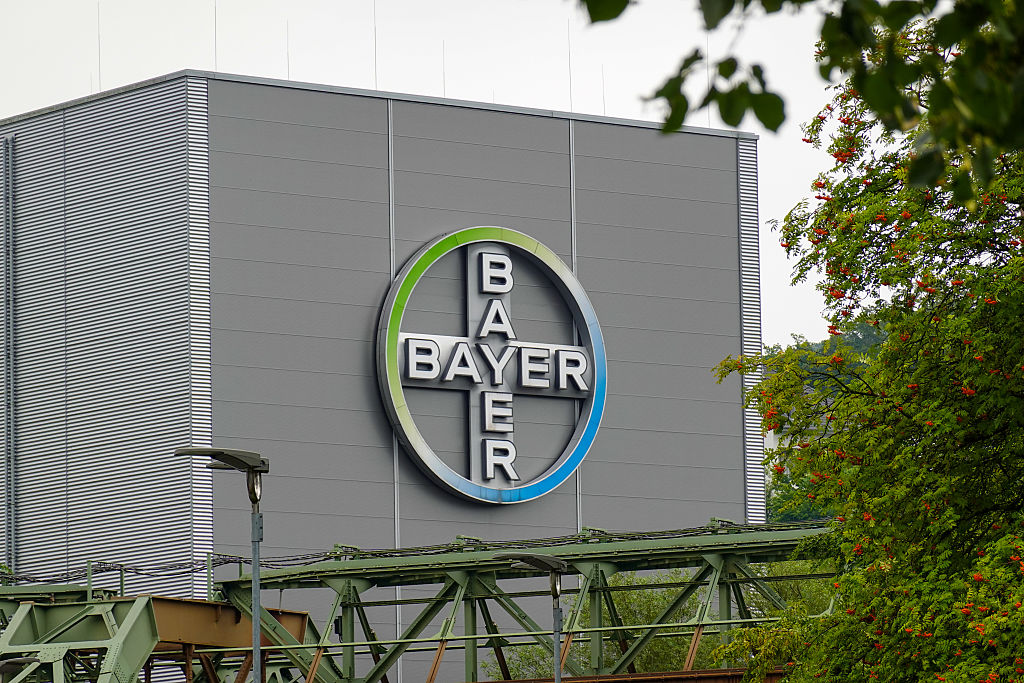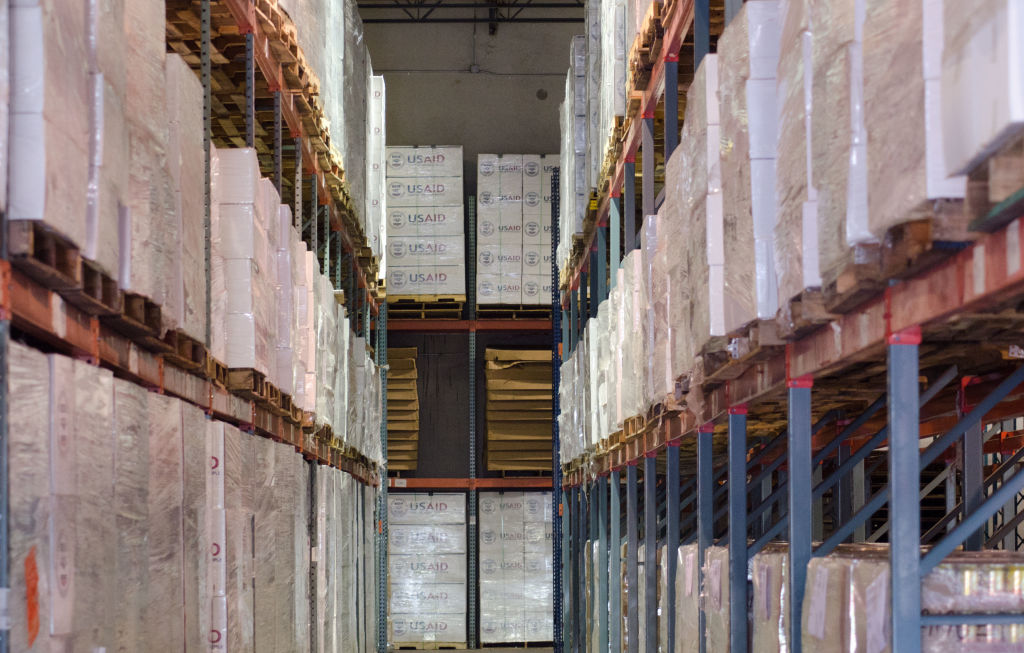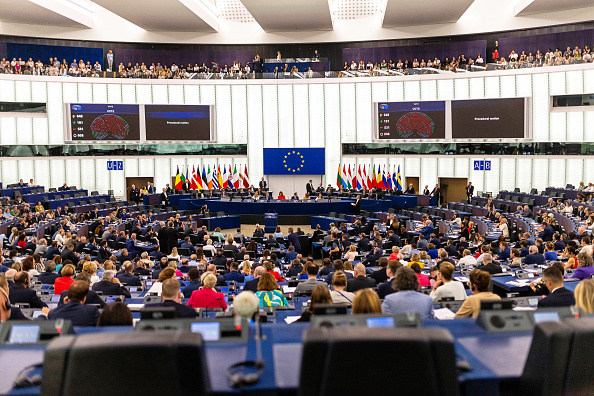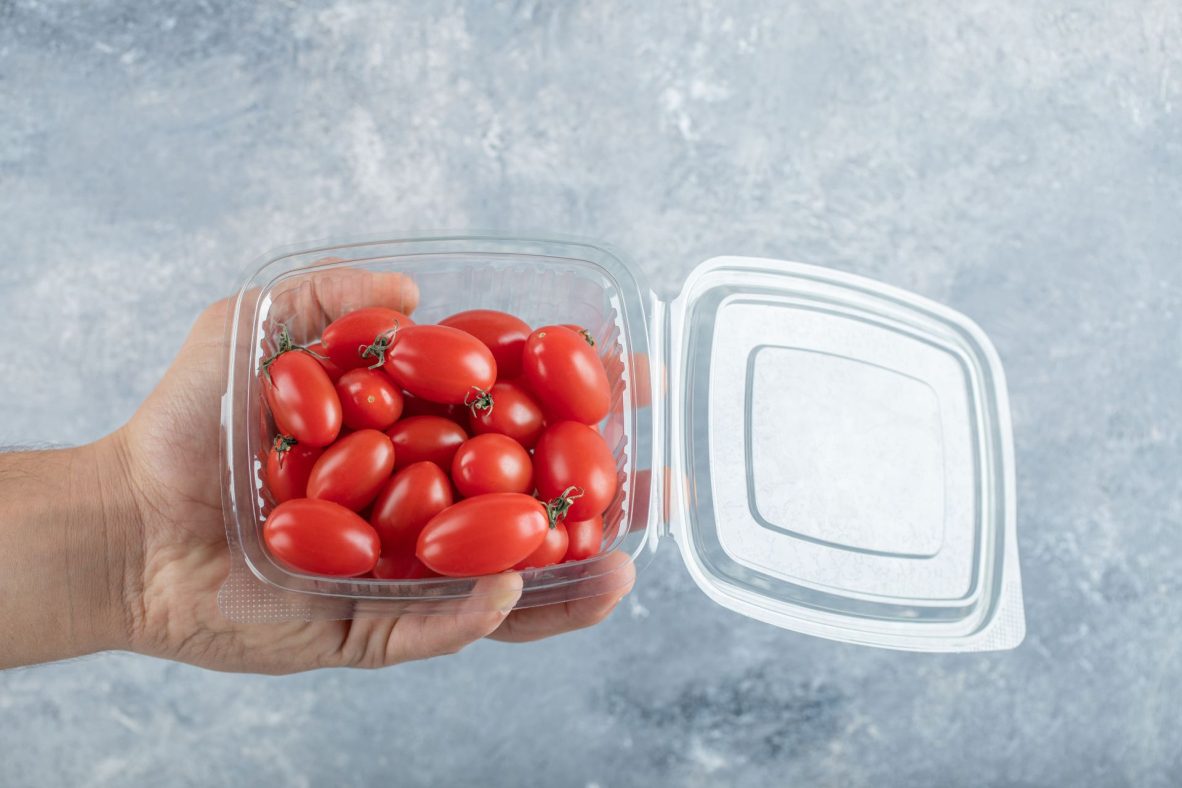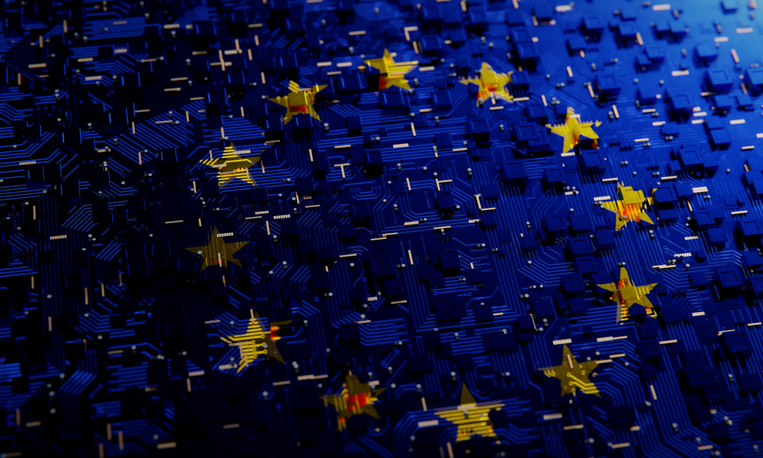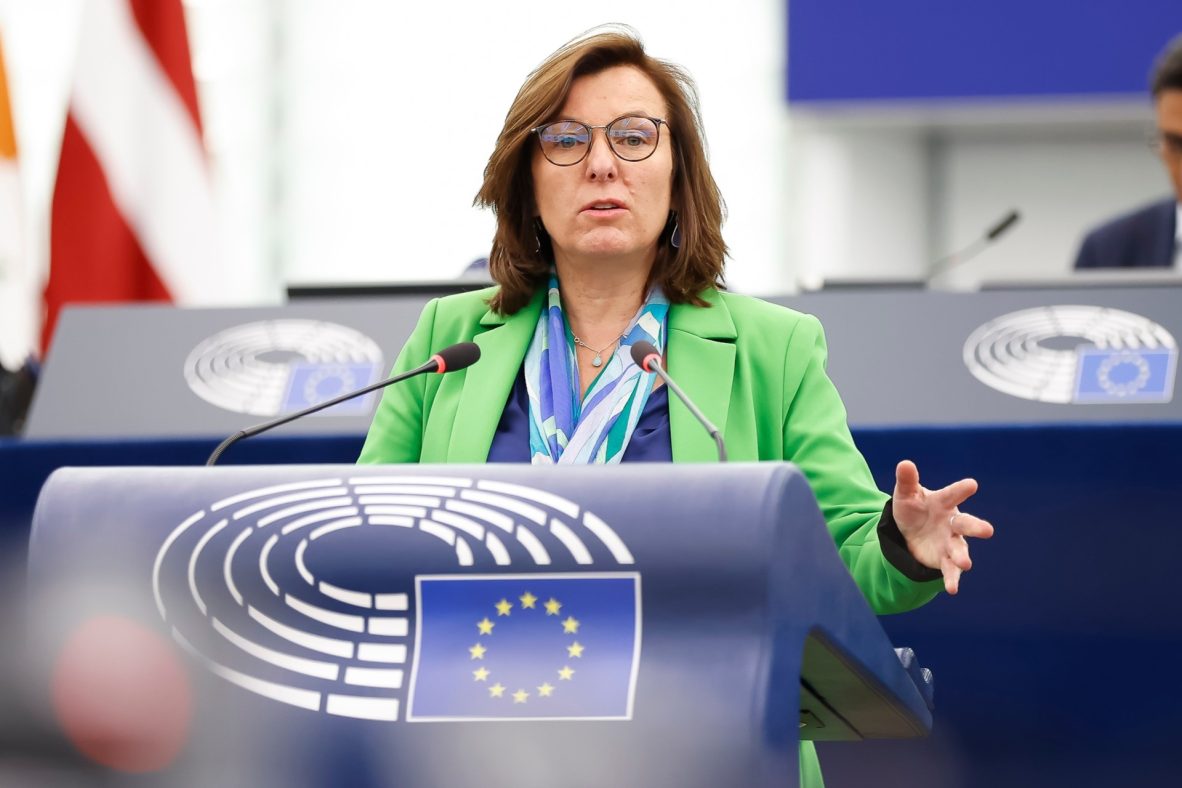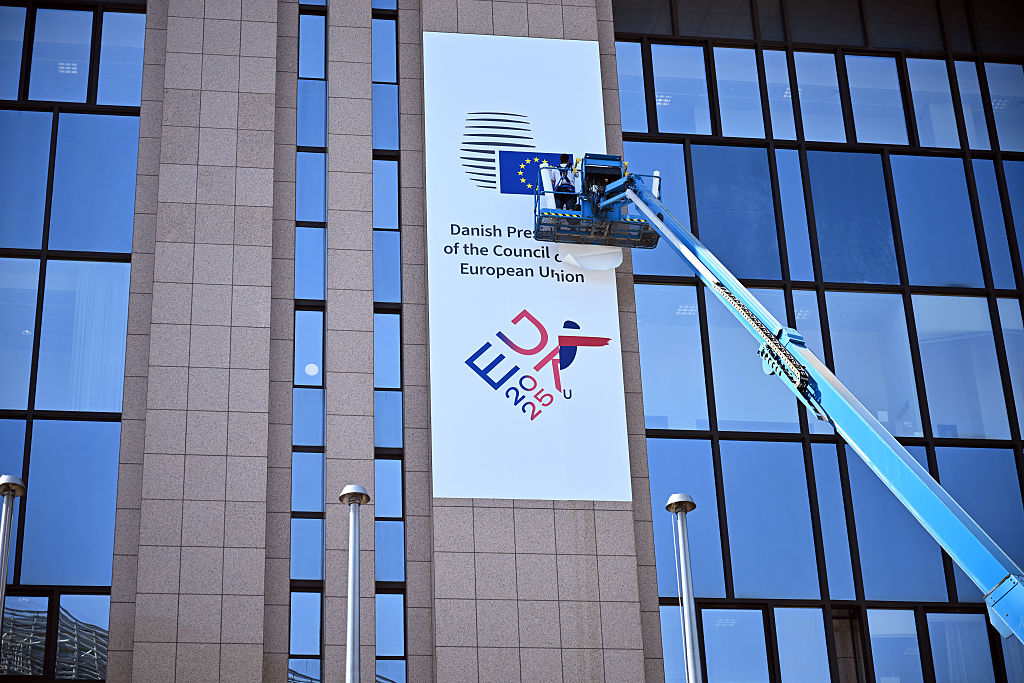Europe’s antibiotic shortages are a policy failure requiring urgent reform
Europe faces chronic antibiotic shortages. A study in sixteen European countries highlights that prices for widely used off-patent antibiotics have fallen about 10% since 2020, while production, labour, and energy costs have surged over 30%, worsening supply challenges.
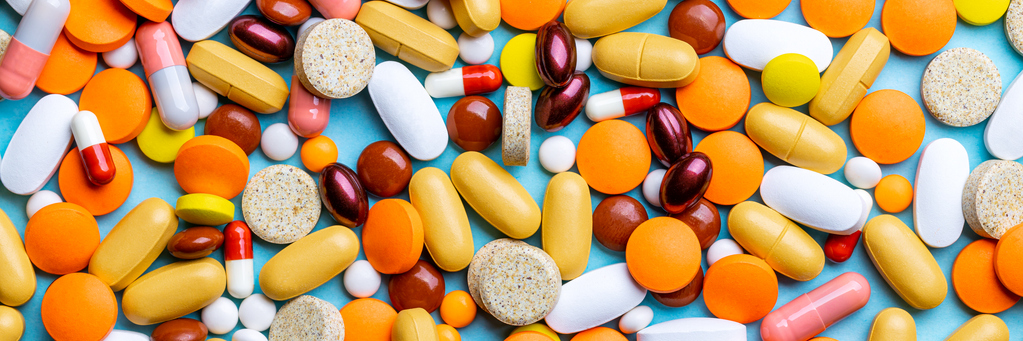
Medicine shortages have become a chronic challenge for Europe’s health systems as exemplified by recurring shortages of antibiotics. What were once rare disruptions have turned into systemic gaps that threaten public health, undermine infection control and expose the fragility of pharmaceutical supply chains.
Media reports of shortages of critical antibiotic amoxicillin throughout 2025 in Italy are a vivid example of what is happening continent-wide. Across Europe, pharmacists report acute disruptions, hospitals struggle to secure essential treatments, which, as was the case in Italy this year, required doctors to prescribe alternatives, which created demand surges on those medicines in turn. This vicious cycle can lead to patients taking more narrow spectrum antibiotics, usually reserved for special strains of bacteria, which ultimately fuels antibiotic resistance over time.
The European Medicines Agency reported in September 2025 that there are currently 136 medicines in shortage across the EU, sixteen of which, including the antibiotic amoxicillin, are classified as critical. While shortages do arise from production problems, regulatory actions or manufacturers withdrawing products from the market, their root causes are increasingly structural market failures. Rising costs of energy, labour and raw material are colliding with rigid pricing systems and low margins, creating a perfect storm for medicine shortages.
A new study by New Angle, published last month, confirms the scale of the challenge. In sixteen European countries, prices for widely used off-patent antibiotics have fallen by around 10 percent since 2020, even as production costs, labour and energy expenses surged by more than 30 percent. The cost of key materials used to produce medicines, like aluminium and packaging, has risen sharply, with aluminium prices up +40% and packaging costs up nearly 25% since 2020. As a result, there have been 240 product antibiotic withdrawals and 385 reported shortages, which show the extent of the risk for critical medicines for patients.
This is not a temporary problem caused by the pandemic, a factory shutdown or transport delays. It is structural, rooted in how Europe undervalues medicines that are critical to public health. National medicine reimbursement systems that rigidly cap or reduce prices year on year, despite the inflation of production costs, make it much harder for manufacturers to sustain supply. If suppliers exit a market, other manufacturers may be reluctant to step in, knowing they would face the same economically unviable purchasing policies. The result is growing vulnerability in our antibiotic supply and growing frustration among patients, pharmacists and hospitals that
This can be fixed easily and at affordable cost for healthcare budgets. Pricing policies should support rather than undermine investment in much needed production supply chains by factoring in labour, energy and raw material cost inflation. Security of supply dictates that essential antibiotics are not sold below their production and supply costs. Procurement policies should reward reliability and continuity, not just the lowest bid, and contracts should encourage supply diversity through multi-award tendering.
At the EU level, the Critical Medicines Act, now under discussion, provides an opportunity to address these market failures by mandating security of supply into pricing and procurement policies. A clear European framework will support better supply security for all EU member states, encourage investment into more diverse manufacturing supply chains and build solidarity and cooperation to deal with temporary shortage risks and crisis planning. These measures can help Europe move away from current policies that undermine supply chain security to resilient policies capable of guaranteeing access to critical medicines.
For too long, Europe has treated the off-patent medicines sector, which provides 70 percent of all prescriptions, exclusively as a source of savings without considering supply security. Cost containment policies have come at the cost of resilience. The New Angle study should serve as a wake-up call: if we continue with policies that suppress prices below economic viability, the supply many of the medicines that make modern healthcare possible will be at risk.
Antibiotics are not a luxury. They protect cancer patients undergoing chemotherapy, make surgeries safe and keep routine infections from becoming life-threatening. Europe must show greater commitment to securing the supply of these medicines and one step in that direction would be by introducing pricing policies that reflect their true public health value, ensuring access and supply security for all. The choice is clear: continue the failed market policies of the race to the bottom or build a resilient system that values access and supply security.
Adrian van den Hoven is the Director General of Medicines for Europe.
